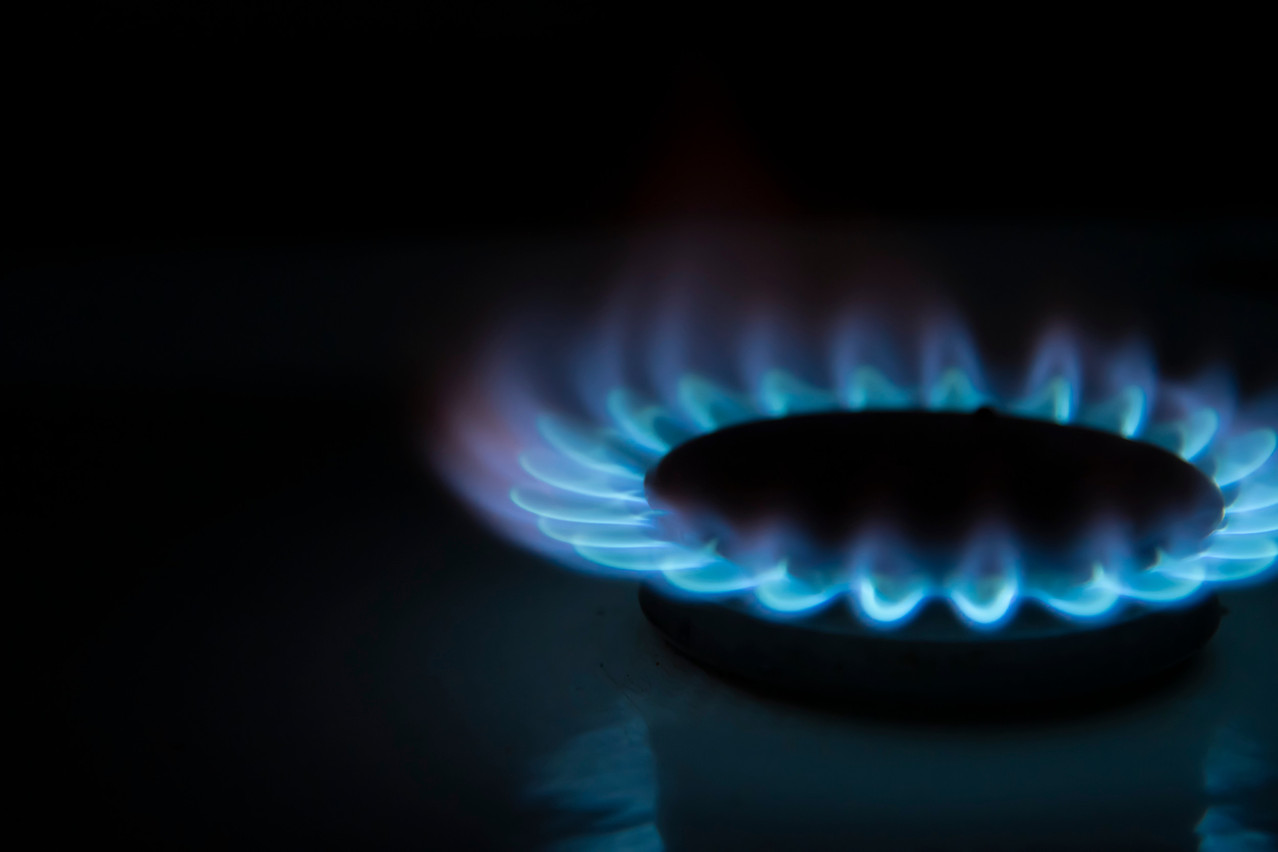around ten member states have prepared a draft letter asking the European Commission to propose the cap on all wholesale gas transactions during a meeting of energy ministers on Friday 30 September. While the letter has not yet been published, and could still be subject to change, it suggests that the current measures undertaken by the EU are not going to be sufficient to protect consumers and industries.
Belgium, Italy, Poland, Malta and Greece are supporting this proposal, while opponents to the idea of capping energy prices in the entirety of the EU feature Germany, the Netherlands and Denmark, Reuters reports. The latter argue that such a measure could endanger the security of gas supply by undermining the EU's ability to get gas deliveries during the winter. But, supporters of the idea say that a proposal could be designed in a way that doesn’t endanger the supply.
Delano has reached out the Luxembourg’s ministry of energy for comment on the country’s position but has not received an answer at the time of publication. However, in what prime minister Xavier Bettel (DP) called a that will cost the state over €1bn, the government and social partners agreed to cap the price of gas at 15% above the current rate while electricity prices will be frozen completely.
Further solutions to help keep the EU’s economy afloat during the winter months will be discussed at the end of the week. Aside from setting up an EU-wide gas demand reduction plan--according to which member states should shave off 15% of their use during the upcoming six months--the Commission in mid-September sent out a few proposals. It proposed among others cutting energy consumption by at least 10% and a temporary revenue cap on ‘inframarginal' electricity producers like renewable energy producers as they have been generating exceptional revenues. In addition, it suggested a temporary solidarity contribution on excess profits coming from activities in the oil, gas, coal and refinery sectors.
